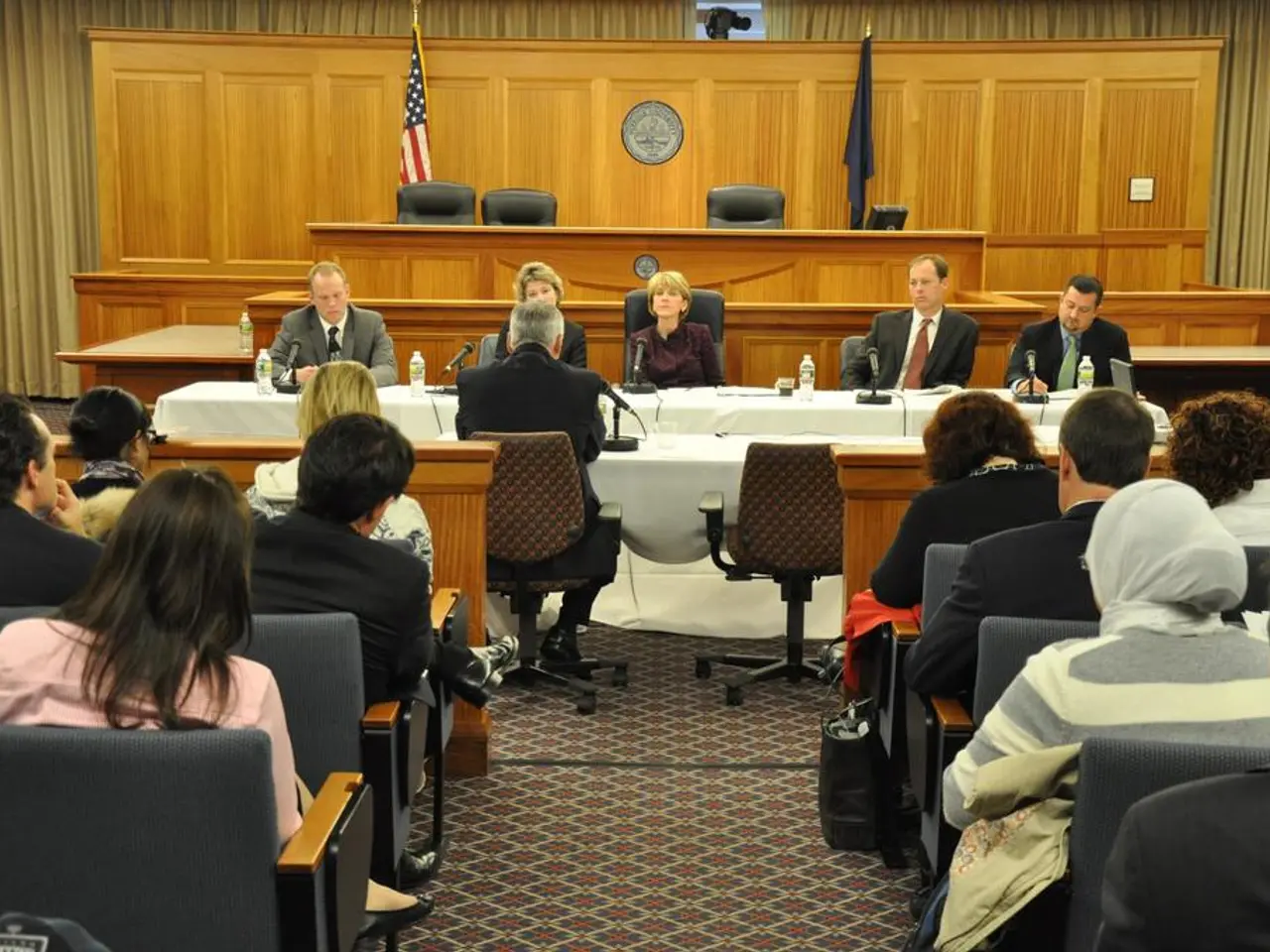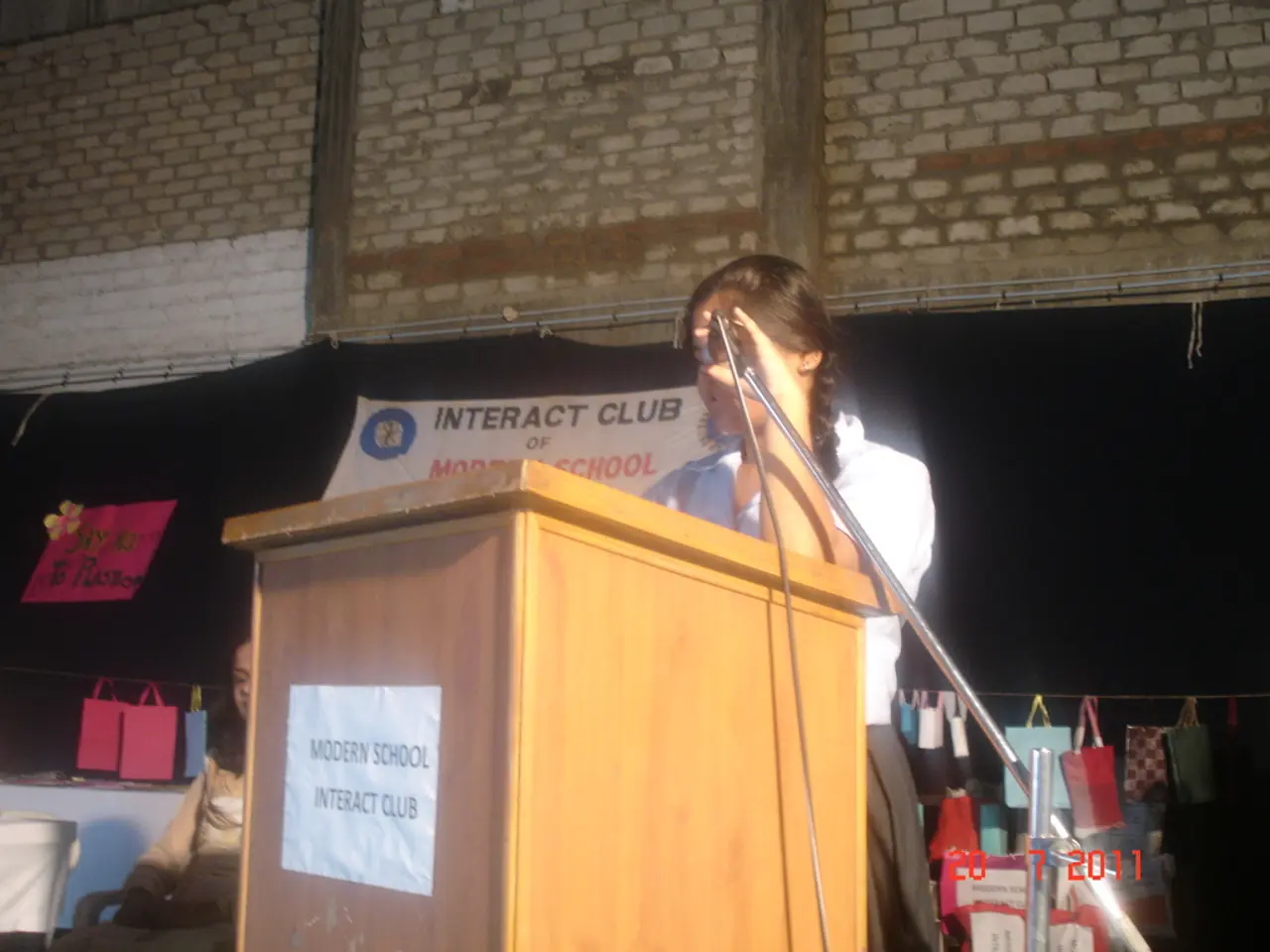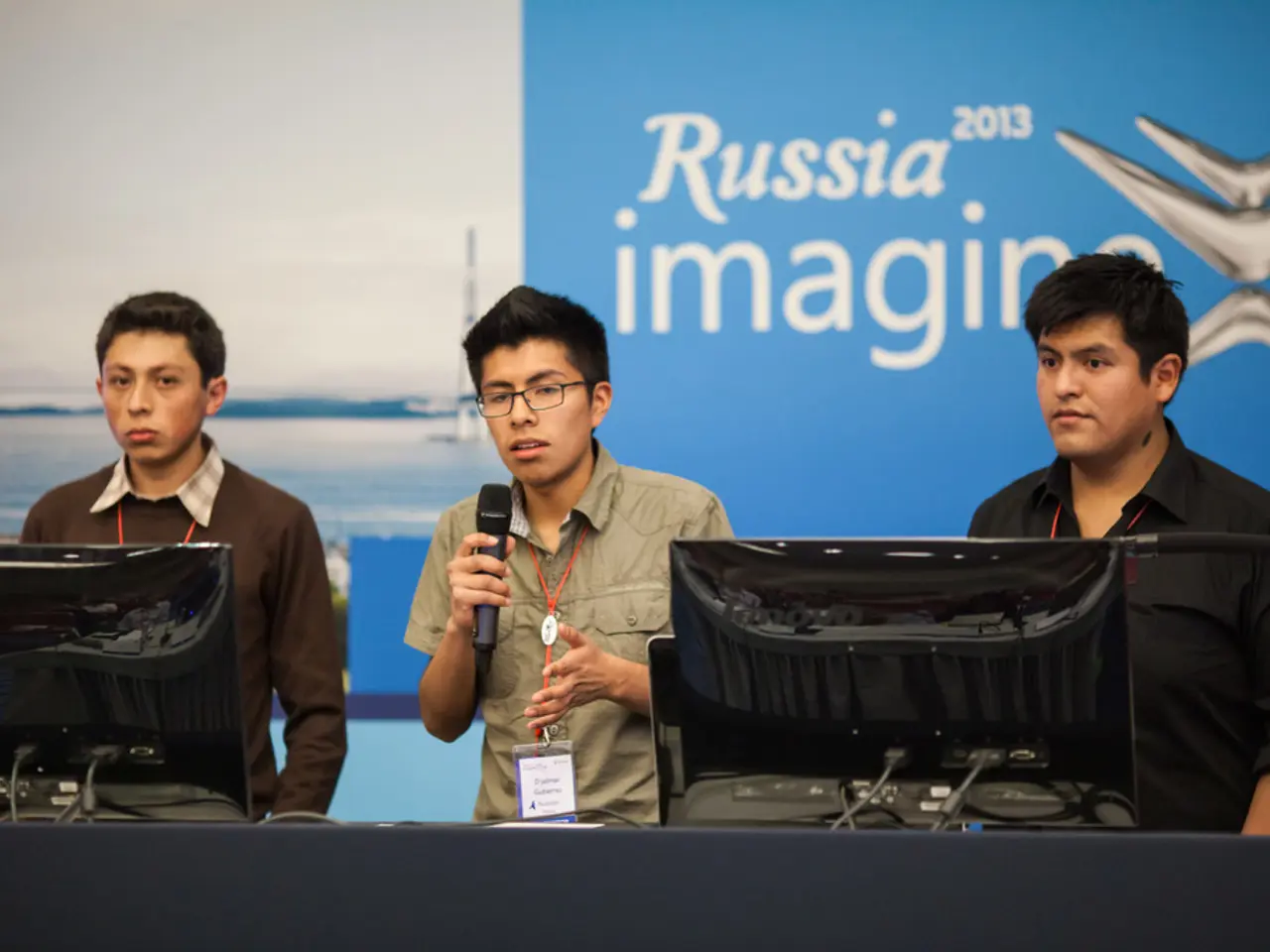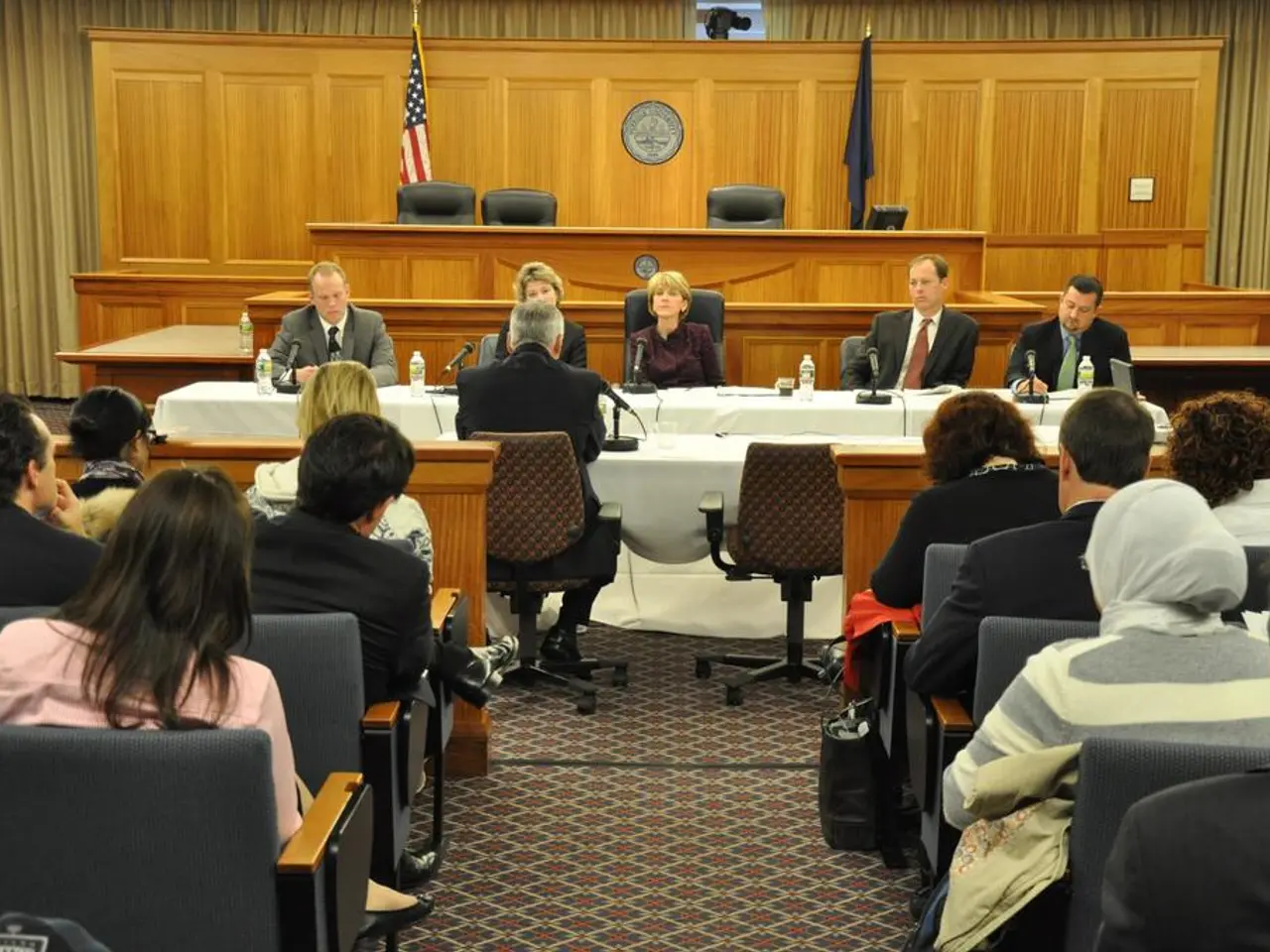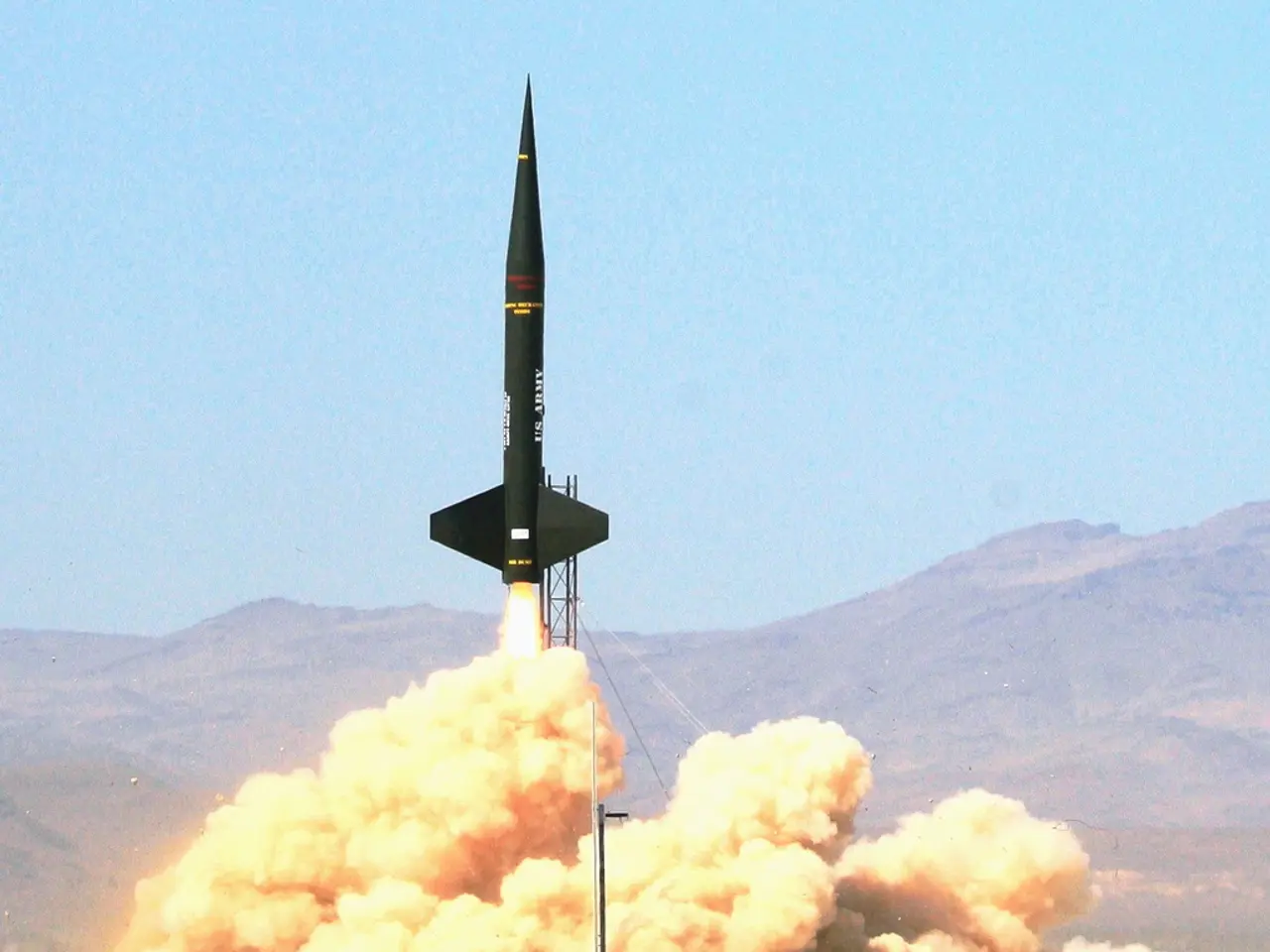International Leaders at the United Nations Summit Have formally endorsed the oppressive 'Agreement for Tomorrow'
The United Nations Summit has recently adopted the "Pact for the Future," a global agreement aimed at addressing pressing issues. However, critics are raising alarms over its deeply troubling implications.
The Pact, considered a "vision for the future" by UN Secretary-General António Guterres, is being criticized for its potential to undermine individual freedoms, national sovereignty, and democratic governance. Some users describe the international order as "irredeemably corrupt" with "pernicious aspirations," warning of global technocratic totalitarianism.
One of the primary concerns is the Pact's lack of concrete mechanisms and specific actions. Critics argue that it fails to raise the ambition necessary for substantial greenhouse gas reduction this decade, missing an opportunity to accelerate actions away from fossil fuels with binding or enforceable provisions. Additionally, gender equality is treated as a siloed issue rather than an intersectional one tied to education, decarbonization, and disaster recovery, with no specific mechanisms outlined to close gaps in care and support economies.
Another significant concern is the funding shortfalls for sustainable development goals (SDGs) and UN programs, with a current financing gap over $4 trillion worldwide. The Pact does not address how to resolve or redistribute resources effectively, particularly for developing countries struggling with debt. Internal UN challenges, such as a severe liquidity crisis and potential staff layoffs, could further undermine the UN's capacity to deliver services and implement reforms promised by the Pact.
Potential implications for individual freedoms, national sovereignty, and democratic governance involve the pact’s ambiguous commitments and weak enforcement, which may reduce transparency and accountability. Increasing reliance on technological solutions like AI and digital monitoring could raise concerns over surveillance, data privacy, and the centralization of decision-making power, potentially infringing on individual freedoms if unchecked. The combination of funding crises and rising geopolitical tensions fuels populist pressures and skepticism about multilateralism, which may lead countries to resist UN reforms seen as impinging on national sovereignty or imposing external governance mandates without adequate national input.
The Pact includes initiatives like the Global Digital Compact and the Declaration on Future Generations. The Global Digital Compact, part of the Pact for the Future, is an attempt by UN bureaucrats to gain control over the internet and personal data of billions. The Compact aims to centralize control of online content, potentially silencing dissent and curbing free expression.
In summary, while the Pact for the Future sets out important broad goals for sustainable development and global governance modernization, it is criticized for its lack of binding commitments, insufficient financing, siloed approaches to intersectional issues, and the risk of weakening democratic oversight and national autonomy due to under-resourced and potentially centralized UN structures. These challenges pose risks to safeguarding individual freedoms, respecting national sovereignty, and ensuring democratic governance at multiple levels. Critics view the Pact as a manifesto for totalitarian governance rather than a collaborative effort to improve international cooperation.
- Despite the UN Secretary-General António Guterres' view of the "Pact for the Future" as a "vision for the future," it is being scrutinized for its potential to compromise individual freedoms, national sovereignty, and democratic governance.
- The Pact's ambiguous commitments and weak enforcement mechanisms could lead to reduced transparency and accountability, raising concerns over surveillance, data privacy, and centralization of decision-making power.
- The Global Digital Compact, part of the Pact for the Future, is a controversial initiative by UN bureaucrats, aiming to gain control over the internet and personal data, potentially leading to the silencing of dissent and curbing free expression.
- The Pact's insufficient financing, with a current worldwide financing gap over $4 trillion, and siloed approaches to intersectional issues like gender equality, are significant concerns undermining its potential for substantial greenhouse gas reduction and successful SDG implementation.
- The combination of funding crises and rising geopolitical tensions could fuel populist pressures and skepticism towards multilateralism, leading countries to resist UN reforms seen as compromising national sovereignty or imposing external governance mandates without adequate national input.
